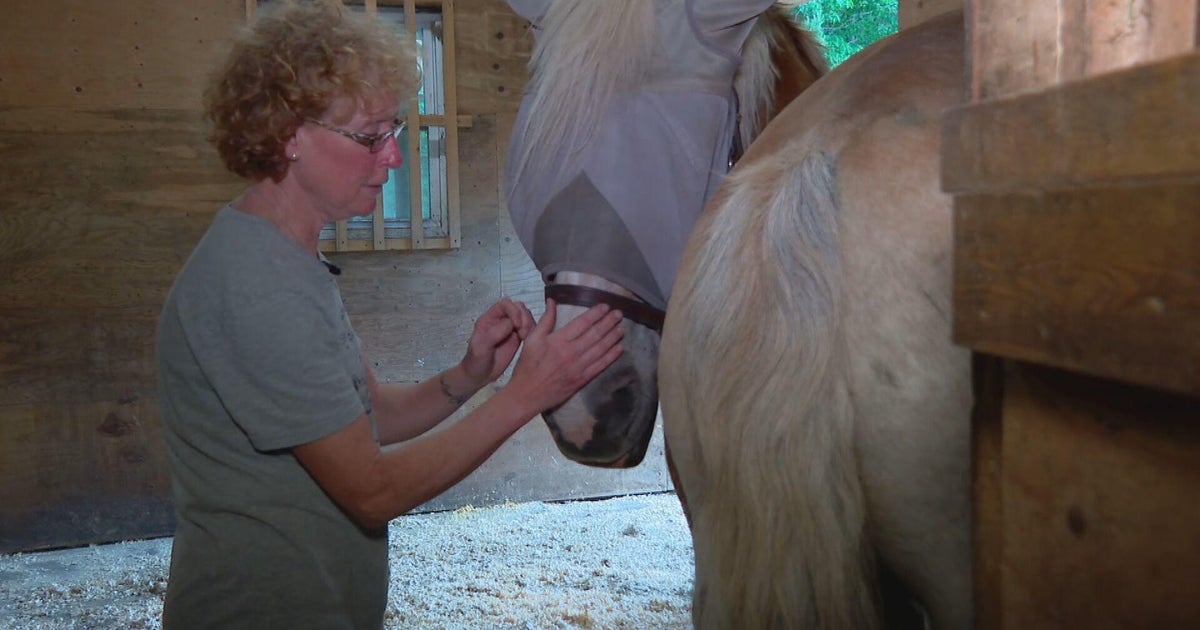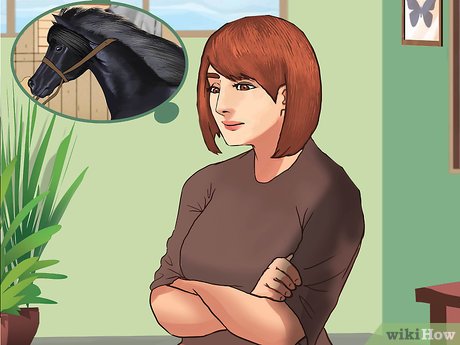Feeding Horses with Eye Problems: A Comprehensive Guide

Caring for horses with eye problems requires special attention, especially when it comes to their diet. Proper nutrition can support healing, reduce stress, and improve overall well-being. This article explores how to feed horses with eye issues effectively, including dietary considerations, feeding techniques, and common challenges.
Understanding Eye Problems in Horses

Eye problems in horses can range from minor irritations to serious conditions like ulcers, infections, or blindness. Common issues include:
- Conjunctivitis (pink eye)
- Corneal ulcers
- Cataracts
- Uveitis
- Glaucoma
These conditions can affect a horse’s ability to see, which in turn impacts how they interact with their environment and access food and water.
Nutritional Needs for Horses with Eye Problems
Proper nutrition supports the immune system and promotes healing. Key nutrients include:
| Nutrient | Role in Eye Health | Sources |
|---|---|---|
| Vitamin A | Essential for vision and eye health | Carrots, leafy greens, liver |
| Vitamin E | Antioxidant that protects eye cells | Wheat germ, nuts, seeds |
| Omega-3 Fatty Acids | Reduce inflammation and support healing | Flaxseed, fish oil |
| Zinc | Supports immune function and repair | Meat, legumes, whole grains |
Feeding Techniques for Horses with Vision Impairments
Horses with limited vision may struggle to find food or water. Consider these strategies:
- Consistent Feeding Location: Keep feed and water in the same place daily to help the horse locate them easily.
- Use of Tactile Cues: Place textured mats or markers near feeding areas.
- Hand Feeding: In severe cases, hand feeding can ensure the horse receives adequate nutrition.
- Soft or Soaked Feed: If the horse has difficulty chewing due to discomfort, provide soaked hay or pelleted feed.
Common Challenges and Solutions
| Challenge | Solution |
|---|---|
| Difficulty locating feed/water | Consistent placement, tactile markers |
| Reduced appetite due to pain | Offer palatable, nutrient-dense feeds |
| Risk of injury while feeding | Supervised feeding, safe environment setup |
Frequently Asked Questions (FAQ)
Q1: Can eye problems in horses affect their eating habits?
A1: Yes, vision impairment can make it harder for horses to find food and water, leading to reduced intake.
Q2: What are the best supplements for eye health in horses?
A2: Supplements rich in Vitamin A, E, Omega-3 fatty acids, and zinc are beneficial.
Q3: How can I make feeding easier for a horse with poor eyesight?
A3: Keep feeding areas consistent, use tactile cues, and consider hand feeding if necessary.
Conclusion
Feeding horses with eye problems requires thoughtful adjustments to their diet and feeding environment. By providing nutrient-rich foods and creating a safe, consistent feeding routine, you can help support your horse’s health and comfort during recovery or ongoing management of eye conditions.
For more detailed guidance, consult with a veterinarian or equine nutritionist to tailor a feeding plan specific to your horse’s needs.
